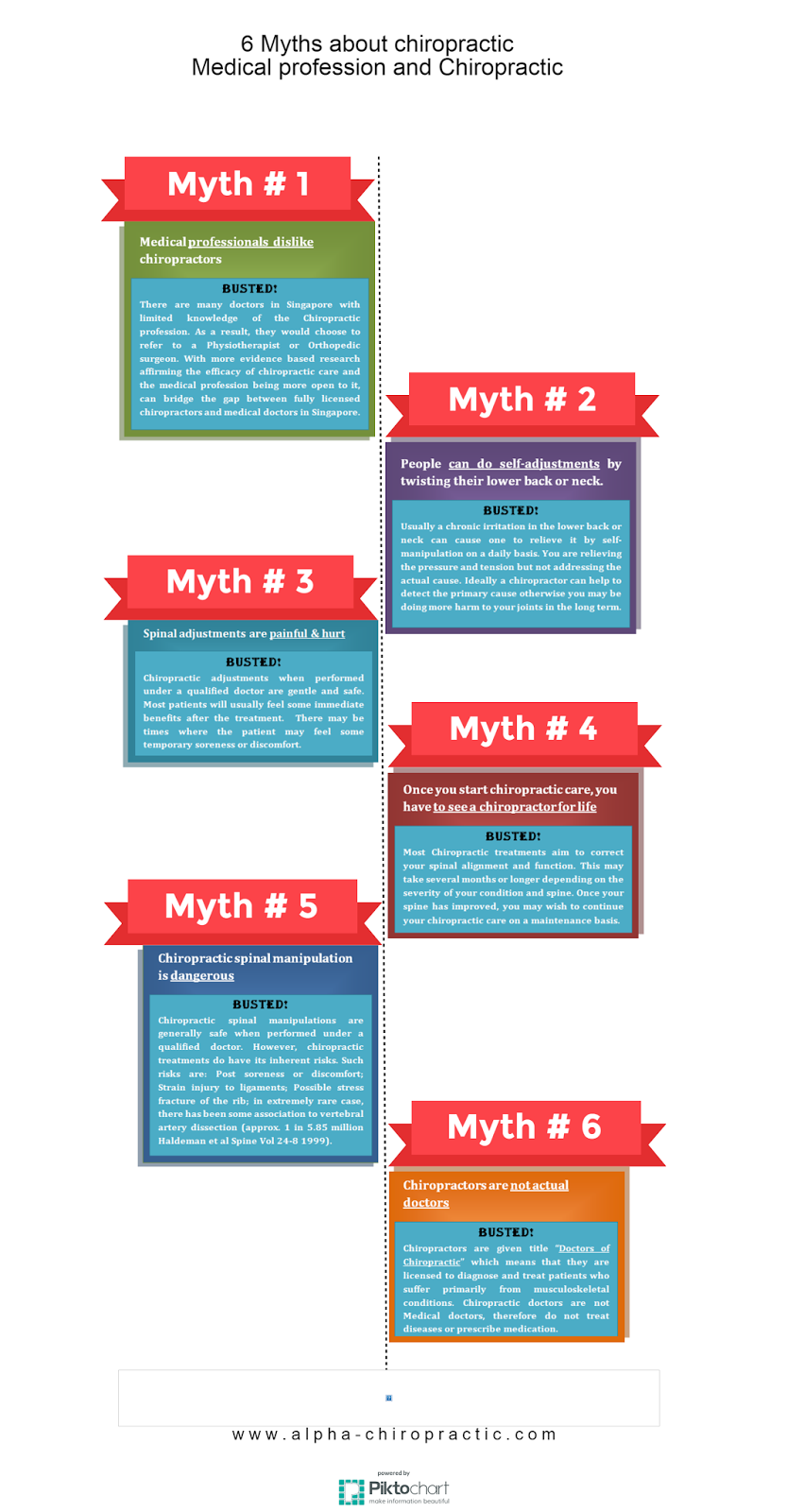Are Chiropractic Adjustments Habit-Forming? Identifying Truth From Misconception
Are Chiropractic Adjustments Habit-Forming? Identifying Truth From Misconception
Blog Article
Uploaded By-Mcgowan Farrell
You might have listened to that chiropractic care modifications can result in an addicting dependence, but that's a typical misunderstanding. Several people discover relief without establishing any kind of addiction. It is necessary to recognize real function of these changes and how they match your total wellness strategy. So, what exactly does the scientific research state concerning chiropractic treatment and your well-being? Let's discover the facts.
Comprehending Chiropractic Care Adjustments and Their Purpose
When you think of chiropractic modifications, it's necessary to recognize their objective and just how they work. These changes aim to deal with imbalances in your spine and joints, advertising better positioning and activity. By using regulated force to details areas, chiropractic practitioners help relieve discomfort, enhance feature, and improve your total health.
Chiropractic treatment concentrates on your body's capability to heal itself, highlighting the connection between the spine and the nerve system. When your spine is straightened, it can reduce nerve disturbance, permitting your body to function efficiently.
Routine changes may likewise help prevent future issues, keeping you active and pain-free. Ultimately, chiropractic changes offer to support your health, enhance mobility, and improve your quality of life.
Common Myths Concerning Dependency and Chiropractic Care
Many people hold misunderstandings regarding the relationship between chiropractic treatment and addiction treatment. One usual myth is that chiropractic modifications create an addiction-like dependence. In reality, lots of clients locate relief from discomfort and discomfort, yet this doesn't suggest they create a psychological or physical addiction.
An additional misconception is that chiropractic practitioners are just attempting to maintain you coming back for even more changes. Most chiropractors prioritize your health and aim for long-term health and wellness rather than constant brows through.
Furthermore, some believe chiropractic treatment can replace typical addiction treatments, but it ought to enhance, not substitute, evidence-based therapies. Comprehending these misconceptions can help you make informed options about your health and health without falling victim to misinformation.
The Scientific Research Behind Chiropractic Adjustments and Client Experience
While some may question the efficiency of chiropractic care adjustments, an expanding body of research study sustains their function in relieving discomfort and improving general function.
Researches indicate that spinal control can decrease pain from problems like reduced neck and back pain, stress migraines, and neck discomfort. When bee cave integrative austin go through chiropractic care, the adjustments aim to bring back proper positioning, enhancing your body's all-natural recovery abilities.
Many clients report boosted wheelchair and a better sense of well-being after therapy. Additionally, the healing partnership you build with your chiropractor can improve your experience, as they give customized treatment customized to your requirements.
This combination of scientific support and positive individual experiences aids clarify why chiropractic changes are effective for many individuals seeking relief.
Conclusion
To conclude, chiropractic modifications aren't addicting; they're designed to improve your well-being and promote proactive health maintenance. By exposing what does it mean when your back hurts bordering dependency, it's clear that these treatments can give significant alleviation without developing a cycle of dependency. Embracing chiropractic care as a complementary technique to standard therapies can result in better health outcomes. So, if chiropractor vs physical therapist considering changes, felt confident that they're about enhancing your lifestyle, not producing a reliance.
